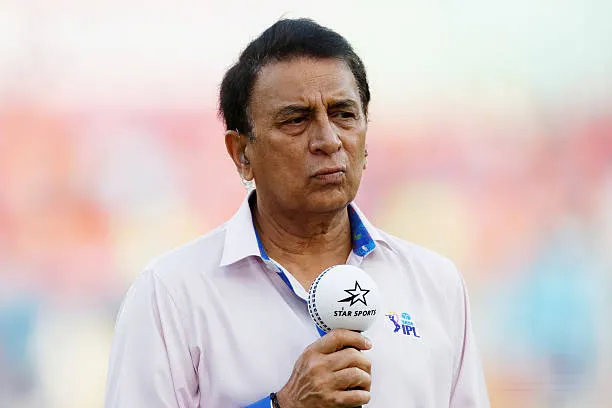
Former India captain Sunil Gavaskar has come down hard on England for their conduct during the handshake controversy at Old Trafford, labelling their approach as “whining” and unsporting. The incident unfolded on the final day of the fourth Test when England captain Ben Stokes offered an early handshake with India still batting, effectively signalling a draw. India refused and chose to play on, allowing Ravindra Jadeja and Washington Sundar to complete their hard‑earned centuries.
Gavaskar criticised England for expecting India to agree to a premature end, arguing that both teams had the right to use the allotted time fully. He pointed out that if England believed the result was inevitable, they still had no grounds to dictate when the game should end. “If one side wants to continue, the other simply must accept it,” he said, calling England’s sarcastic remarks towards the Indian batters disrespectful.
He also questioned England’s tactics earlier in the match, noting that Stokes’ decision to bat on until a 311‑run lead instead of declaring after his century left them with less time to bowl India out. “If you were so eager to win, why didn’t you declare earlier? You can’t complain later when the opposition uses the remaining time,” Gavaskar stated.
The controversy intensified when England turned to part‑time bowler Harry Brook late in the match and made snide comments about the Indians chasing personal milestones. Gavaskar defended Jadeja and Sundar, highlighting the grit they showed over four sessions under immense pressure. He argued that reaching centuries in such circumstances was not selfish but a reward for their resilience, and deserved respect rather than mockery.
For Gavaskar, the episode underscored a lack of perspective within England’s camp. He described their reaction as immature, adding that elite teams must uphold sportsmanship even in frustration. His remarks echoed the sentiments of several former players who felt England had overstepped in trying to pressure India into conceding the draw.
The incident has added extra edge to the series heading into the final Test at The Oval. While England lead 2–1, the psychological narrative has shifted, with India’s refusal to yield and the criticism of England’s behaviour becoming talking points. Gavaskar’s sharp words serve as a reminder that in Test cricket, respect for the contest and the opponent is as vital as the result itself.
As the dust settles on Old Trafford, Gavaskar’s verdict is clear: India’s lower‑order fightback was a display of character, while England’s attempt to rush the ending exposed a lack of composure. With the series finale looming, the debate over sporting spirit versus tactical gamesmanship continues to simmer.

